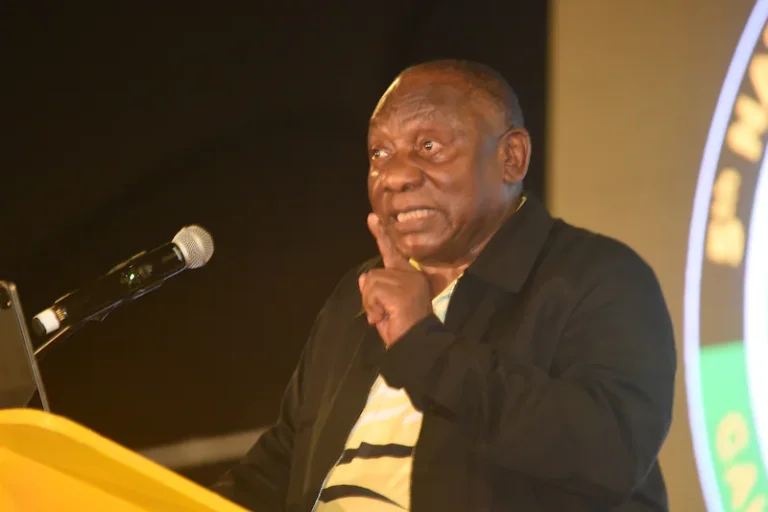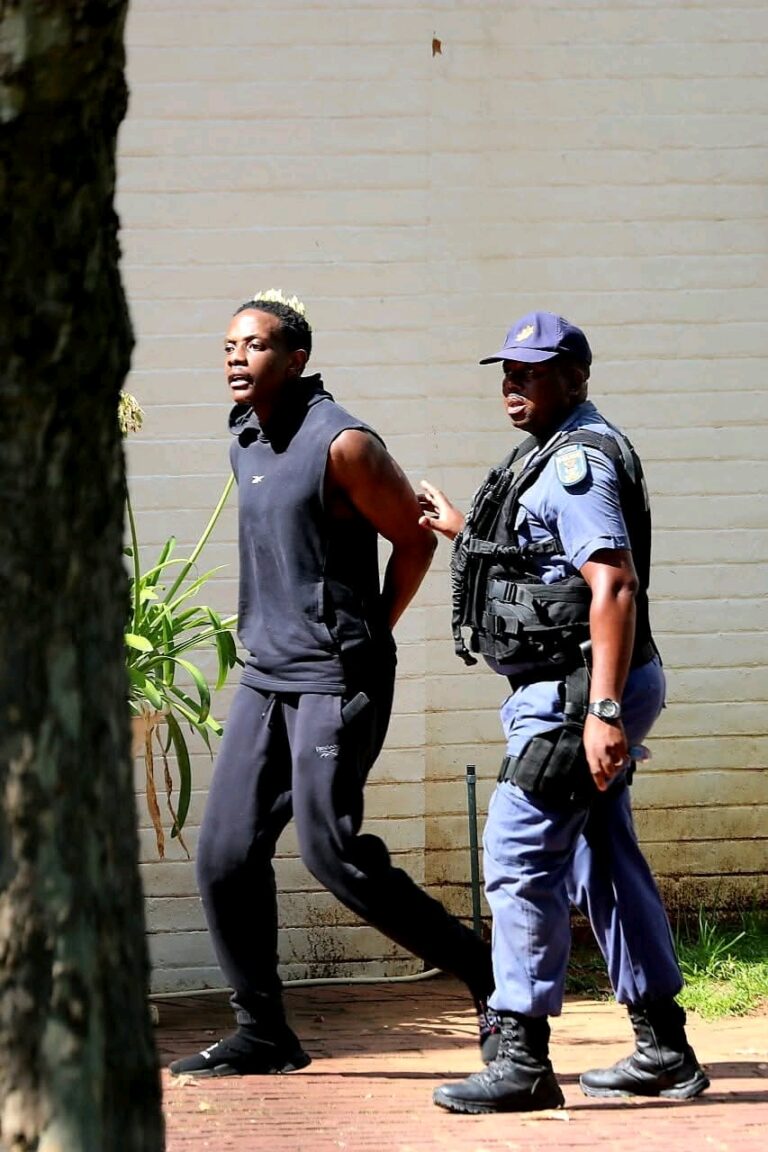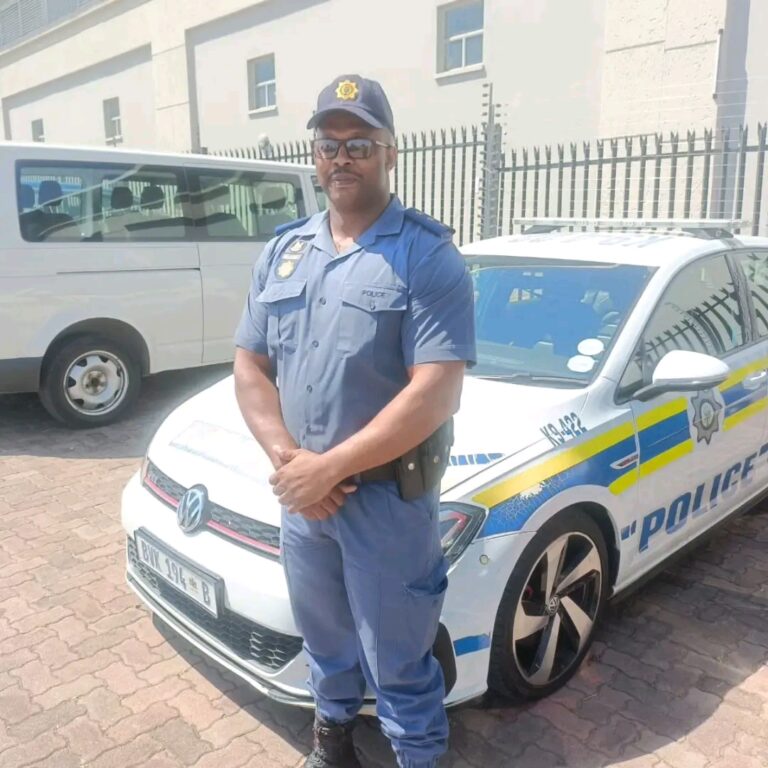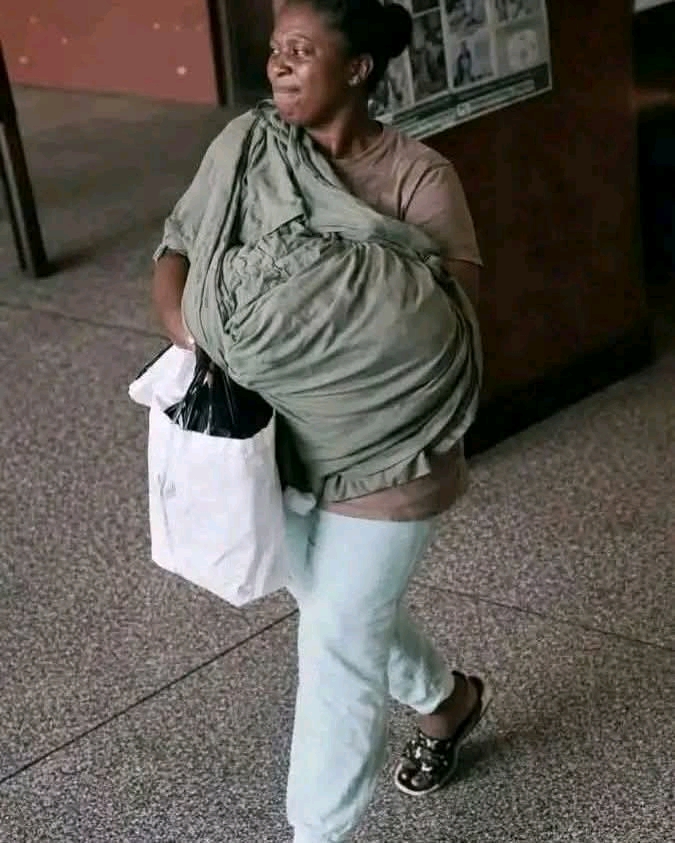
President Cyril Ramaphosa has placed Police Minister Senzo Mchunu on a special leave of absence following serious allegations implicating him in interference with the operations of the South African Police Service (SAPS). This comes after KwaZulu-Natal Police Commissioner, Lieutenant-General Nhlanhla Mkhwanazi, accused Mchunu of meddling in critical investigations and colluding with individuals accused of criminal activity.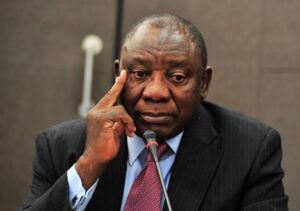
During a nationally televised address on Sunday evening, President Ramaphosa revealed that a judicial commission of inquiry will be established to investigate the allegations. The inquiry will be chaired by Acting Deputy Chief Justice Mbuyiseli Madlanga. The commission’s primary focus will be to probe claims that Minister Mchunu attempted to disrupt police investigations into political killings in KwaZulu-Natal and sought to dismantle the task team responsible for these cases.
Mkhwanazi’s allegations have sent shockwaves through the country, as they suggest that a sitting Cabinet minister may have worked alongside business figures, including individuals facing murder charges, to obstruct justice. The political killings task team, which has been instrumental in uncovering criminal networks within the province, is believed to have been a target of these alleged interferences.
President Ramaphosa assured the nation that the integrity of SAPS must remain intact and said these allegations warranted urgent and impartial scrutiny. “The seriousness of these claims requires that we act swiftly and transparently. No one is above the law, and our institutions must remain free from political influence,” he stated.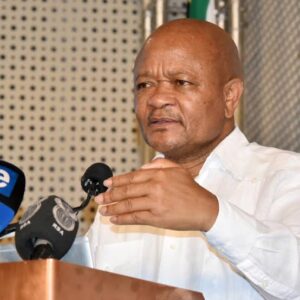
While Minister Mchunu is on leave, the president will appoint an interim minister from within his Cabinet. However, he announced that Professor Firoz Cachalia, currently a law academic at Wits University and a former Gauteng MEC for Safety and Security, is expected to assume the role permanently upon his retirement from academia in August.
Under the Constitution, the president is permitted to appoint two individuals to the Cabinet from outside the National Assembly. Cachalia, known for his firm stance on public safety and legal reform, is widely respected and seen as a suitable candidate to restore public trust in the police ministry during this turbulent time.
The unfolding situation has intensified pressure on the Ramaphosa administration, which has faced ongoing criticism for not addressing corruption and criminal interference in law enforcement swiftly enough. The establishment of the inquiry, however, is being viewed by some political observers as a bold move to assert accountability and reinforce constitutional principles.
As the commission prepares to begin its work, public attention will now shift to the testimonies and evidence that emerge, which may have far-reaching implications for the political landscape, particularly in KwaZulu-Natal.
This development marks one of the most serious political crises of Ramaphosa’s second term and could set a precedent for how allegations of state interference are handled moving forward.


